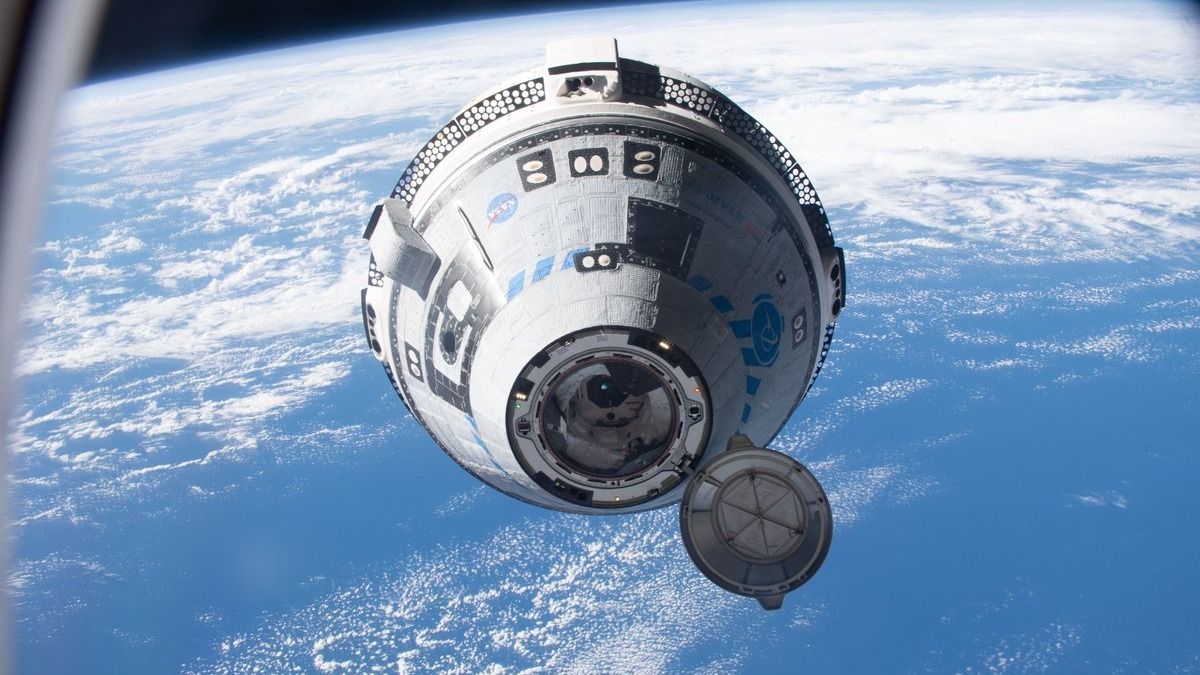For millennia, the Moon has been an object of wondrous speculation: deified as a goddess, hymned in poetry and blamed for madness. Today such speculation has ended and a quite different kind – speculation in the commercial sense – has begun.
We no longer tell tales of the man in the Moon, or of how it’s made from cheese. Now we look at it as land to mine. Lunar deposits of basalt, iron, quartz and silicon – not to mention the strong possibility of chlorine, lithium, beryllium, zirconium, uranium, thorium, and “rare-earth” metals – all whet commercial appetites, since some of these, needed for new technologies on Earth, are in short supply here.
Significantly, the Moon also has ice. Water might sustain human settlement of the lunar surface, and can be separated into its constituent hydrogen and oxygen to make rocket fuel to power further exploration of Mars and the solar system.
This explains the increase in lunar missions in recent years. Plans to put human feet back on the Moon – not visited by astronauts since 1972 – are well advanced; Nasa hopes to achieve it in late 2026. Last week, the Odysseus lander, designed by Houston-based Intuitive Machines and launched aboard a Falcon 9 rocket made by Elon Musk’s SpaceX company, became the first private spacecraft ever to reach the Moon.
For this mission, Intuitive Machines was hired by Nasa (to the tune of $118 million) to deliver research instruments to the lunar surface, including a stereo camera and radio receiver. Other cargo included a set of 125 mini Moon sculptures by the artist Jeff Koons. The lander was wrapped in a metallic jacket manufactured by Columbia Sportswear.
Odysseus is the US’s first Moon landing in more than half a century. But it is a sign, too, of how it is no longer just state enterprise – which drove the space race of the previous century – that is involved. Private companies are investing billions in the Moon’s potential.
Jeff Bezos has spoken of his hope to move “heavy industry and all polluting industry off of Earth and operate it in space”. And the Amazon billionaire – whose Blue Origin company was awarded a $3.4 billion contract by Nasa last year to build a spacecraft to transport astronauts to the Moon – is not wrong. Meanwhile, Musk has spoken of his ambition to establish a human presence on Mars, because “we don’t want to be one of those single planet species, we want to be a multi-planet species”. And he is not entirely wrong either.

Dr. Thomas Hughes is a UK-based scientist and science communicator who makes complex topics accessible to readers. His articles explore breakthroughs in various scientific disciplines, from space exploration to cutting-edge research.








